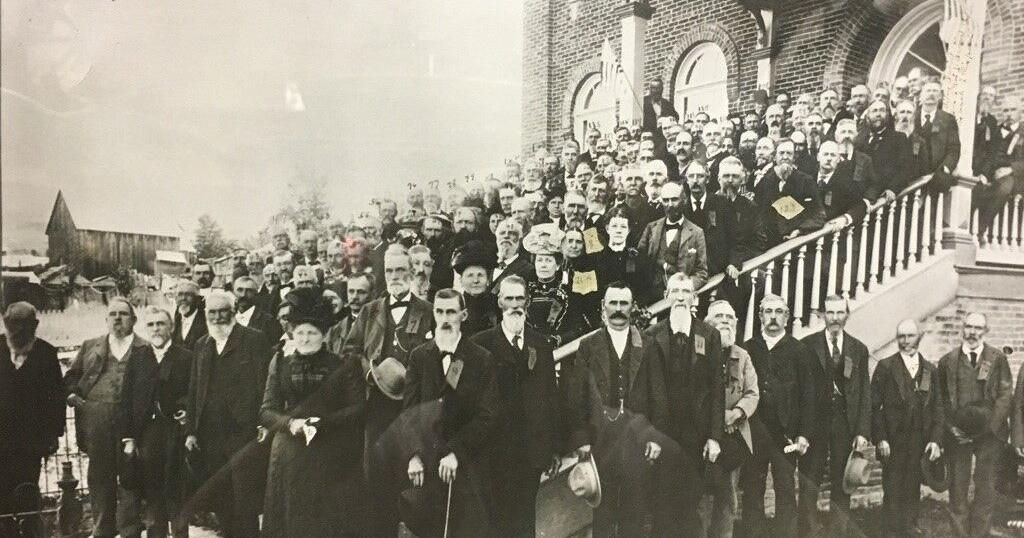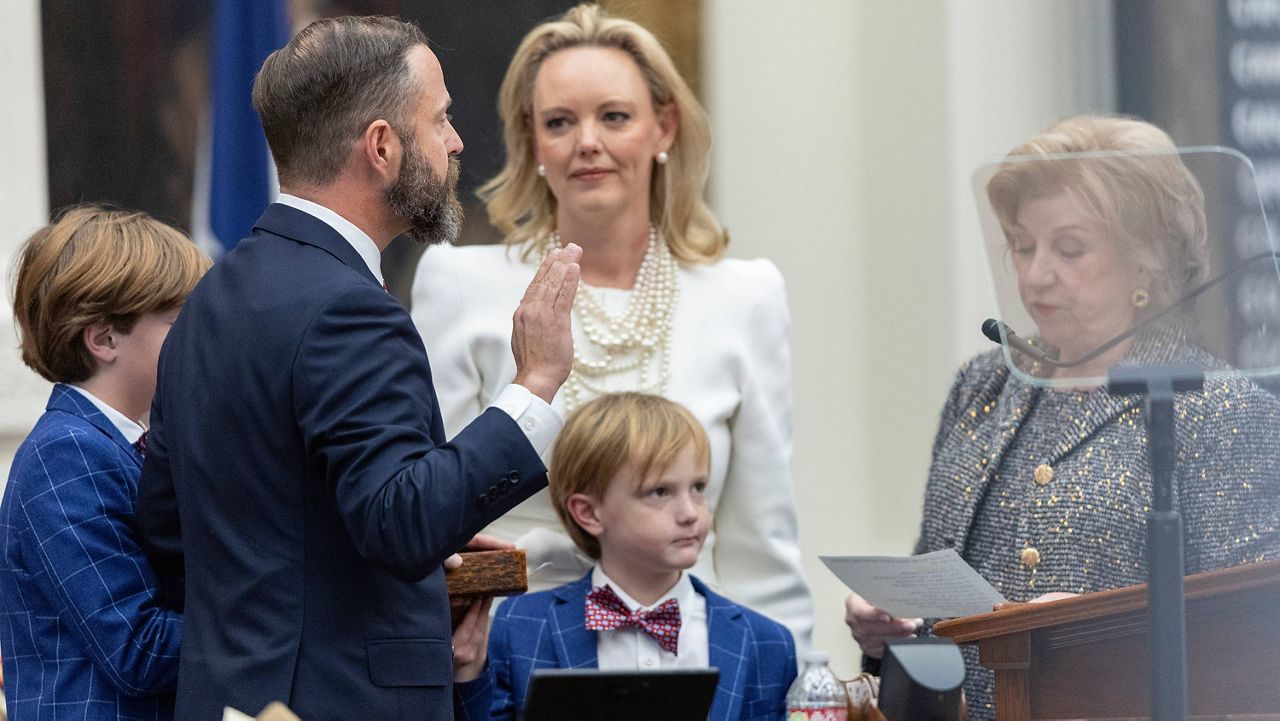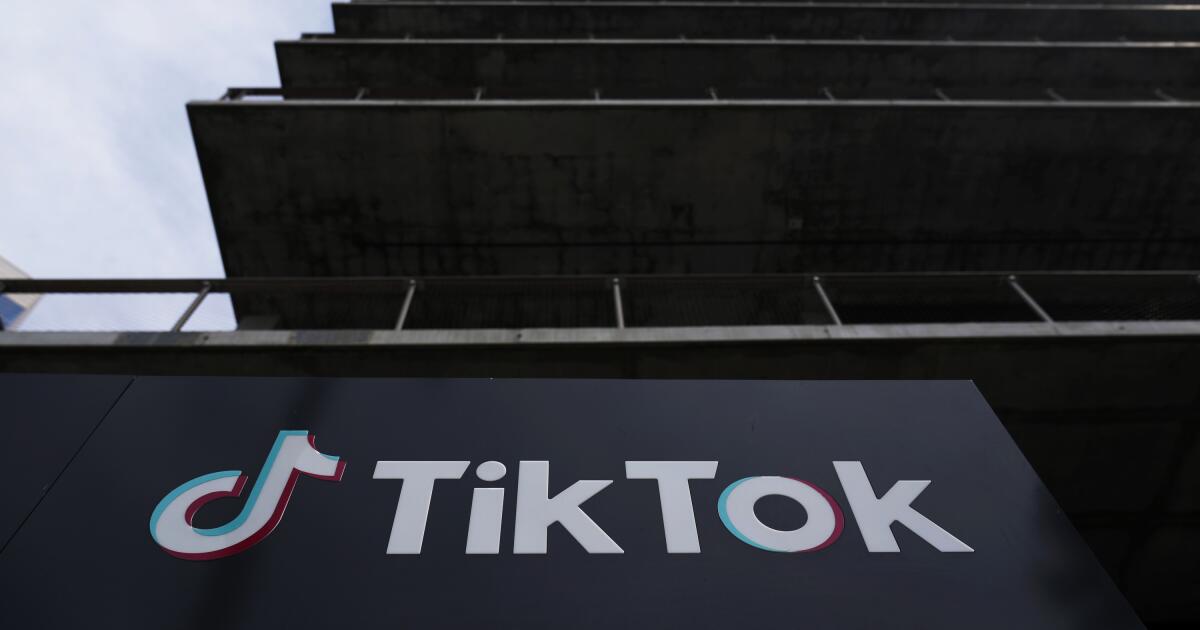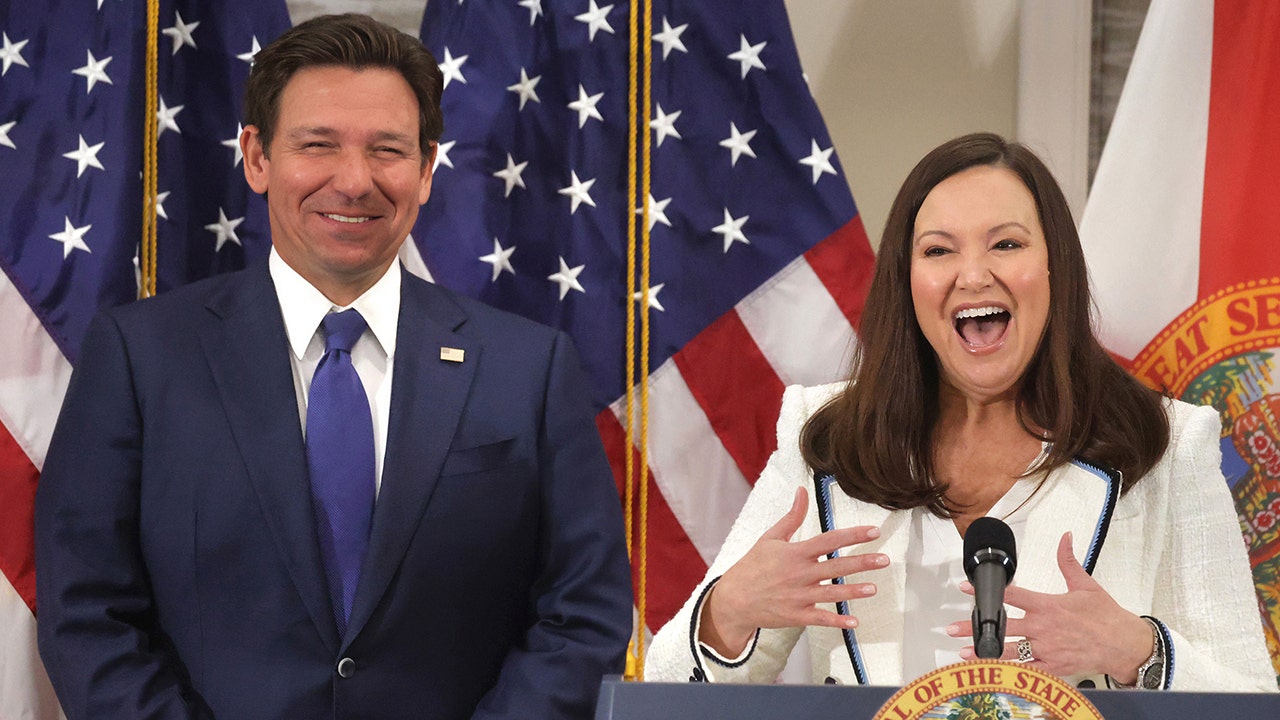A workforce housing tax credit bill moved ahead Thursday in the Montana House with significant bipartisan support.
Modeled after the federal Low-Income Housing Tax Credit, the state credit in House Bill 21 aims to be one fix to the state’s persistent lack of housing and the high cost of existing homes.
It would offer credits managed by the state for affordable housing developments.
Rep. George Nikolakakos, R-Great Falls, said because Montana didn’t have the program in place before, it has left 1,300 units on the table since 2019. He said the return on investment with the program is good.
“It’s a program that gets shovels in the ground,” Nikolakakos said.
The program would offer $1.5 million worth of credits each year for six years on a cumulative basis, and then sunset, according to a fiscal analysis by legislative staff.
Sponsor Rep. Larry Brewster, R-Billings, said the bill is “a little expensive,” but it is needed given the state of housing affairs in Montana. He said the money doesn’t go out until the project is done, and the affordable rent is guaranteed for at least 30 years.
In a committee hearing, he said the credit has a beginning and an end date, and “lots of opportunity for oversight.” It fills the gap that developers can’t afford to pay with the federal credit, possibly grants, and a bank loan.
“These days the mortgage can’t quite reach around what the federal tax credit provides, so this would be a bridge to fill that in,” Brewster said.
Rep. Mark Thane, D-Missoula, said housing tax credits already are successful, and HB 21 helps address the severe problems in Montana. He said projects don’t pencil out at the rates needed for people living on the margins.
The Montana Housing Coalition said a home is deemed “affordable” if a household pays no more than 30% of its income for a home including utilities. It said 32 other states have such a program.
“This is an opportunity to create additional housing units, an opportunity to make a dent in our housing crisis,” Thane said.
All Democrats supported the bill, along with 33 Republicans.
Twenty-five Republicans opposed it, some objecting to the price tag. At its peak year, it will cost the general fund $9 million, according to an estimate in the fiscal analysis.
Rep. Jed Hinkle, R-Belgrade, said he appreciates the intent, but he doesn’t believe the government should interfere with the free market because “it messes things up.”
“Then, we have people say, ‘The free market doesn’t work.’ Well, this is why. It’s because of constant government intervention,” Hinkle said.
In a House Tax committee hearing last week, developers, affordable housing advocates, and members of the business community spoke in favor of the bill.
Proponents said the credit multiplies in the state economy. They described the bill as one that will help fill the financing gap that has emerged as costs to build have increased in the form of higher interest rates and prices of materials.
The only opponent at the hearing was the Montana Society of CPAs, which opposes credits in general because they complicate the tax code. On behalf of the accountants, John Iverson suggested the money be handed out directly instead of through a credit.
Sam Sill, with the Montana Bankers Association, said people considered “the working poor” will be helped with the credit.
“The cost of building is significant enough now, high enough now, that without some degree of support, you probably can’t build housing that those folks are going to able to afford,” said Sill, who said he used to represent real estate developers.
Beki Brandborg, chair of the Montana Housing Coalition and a private affordable housing developer, said she and a partner were able to take an old apartment building of subsidized units in Culbertson “back to the future” with a similar credit.
She said the people who live in the units are hairdressers, cooks, dishwashers, grocery store clerks, mechanics and school janitors.
A couple of mayors spoke in favor of the credit, too. Missoula Mayor Andrea Davis, who worked in housing development, said affordable housing is one of the reasons voters elected her.
Regulation alone won’t solve the problem, she said. Capital is necessary, and she views housing in the same way she sees sewer, water, roads, and sidewalks in a community.
“Homes that Missoulians can afford, and that Montanans can afford, that our workforce can afford, is our housing infrastructure. It is an investment in our residents,” Davis said.
Michael O’Neil, head of the Helena Housing Authority, pointed to a 2022 study from the University of Montana Bureau of Business and Economic Research as evidence of future success.
“For every dollar in lost revenue to the tax credit, a state credit program is estimated to leverage $2.69 in direct public and private residential spending in the broader state economy,” O’Neil said. “This is a very conservative estimate.”
Montana’s Board of Housing manages those credits, and in recent years, it has awarded nearly all of its federal allocation, roughly $29 million each year, and has received applications for “at least double that,” the study said.
Citing the study, O’Neil said 40% more units of low-income housing tax credits could be built every year in Montana if the state started a program, or 122 more a year.
Had such a credit been in place in 2019, Aubrey Godbey with the Montana Budget and Policy Center estimated even more units could have been built, 1,350 at the end of 2024.
Godbey said Montana has 42 units of affordable homes available for every 100 households who need them, citing data on rentals from the National Low Income Housing Coalition.
Developer Don Sterhan and member of the Montana Housing Coalition said many members want to see the credit pass. The bill needs one more vote to pass the House.
“It’s not the total solution, but it helps, and it very well might be the component that makes the difference whether a project is built or not,” Sterhan said.
Also in support were the Montana Chamber of Commerce, the Montana League of Women Voters, the NeighborWorks Montana, Homeward, Montana Contractors Association, Montana Association of Realtors and Shelter Whitefish, and Montana League of Cities and Towns.























/cdn.vox-cdn.com/uploads/chorus_asset/file/25822586/STK169_ZUCKERBERG_MAGA_STKS491_CVIRGINIA_A.jpg)

/cdn.vox-cdn.com/uploads/chorus_asset/file/25821992/videoframe_720397.png)




/cdn.vox-cdn.com/uploads/chorus_asset/file/23935558/acastro_STK103__01.jpg)